Asparagus Officinalis, derived from Common Garden Asparagus, is a homeopathic remedy known for its notable and immediate impact on urinary secretion.
It exhibits effects such as weakness, cardiac depression, and dropsy.
Additionally, it addresses rheumatic pains, particularly around the left shoulder and heart.
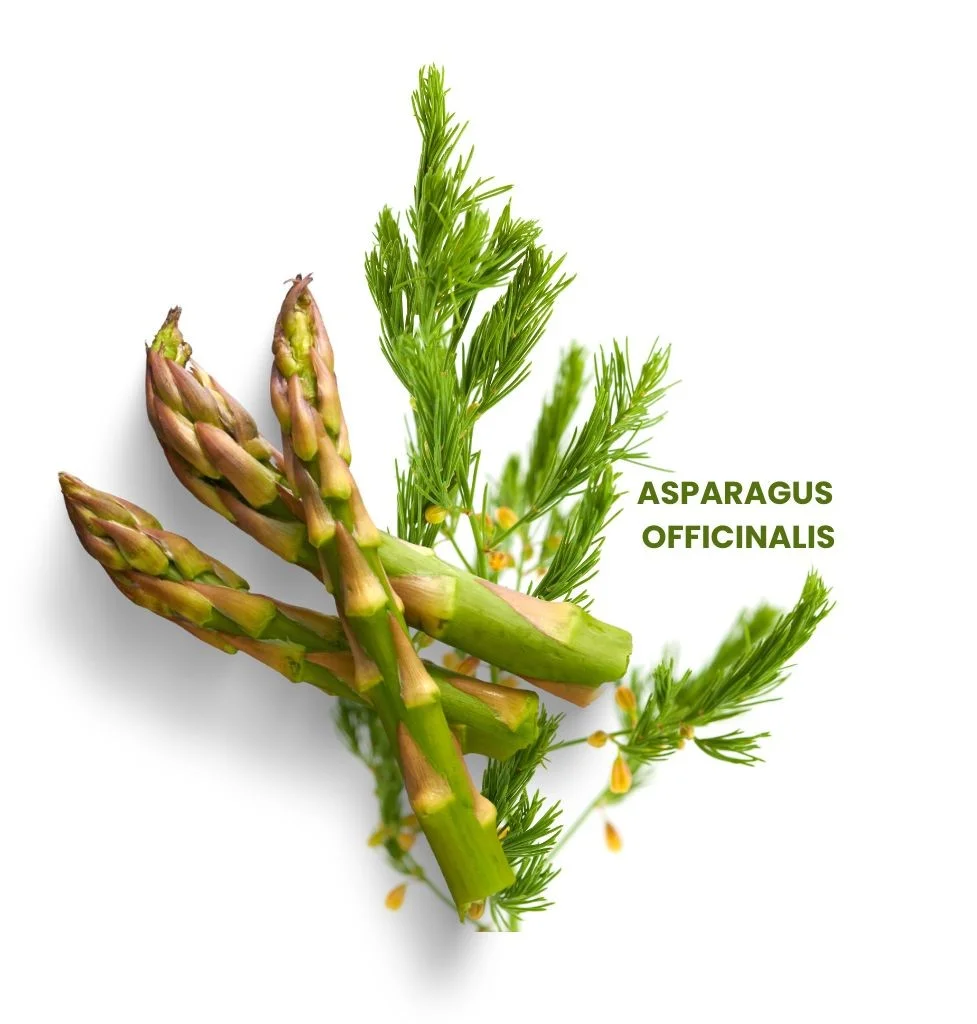
Table of Contents
ToggleSOURCE INFORMATION
- Kingdom: Plantae
- Order: Asparagales
- Family: Asparagaceae
- Genus: Asparagus
- Species: Asparagus Officinalis
Origin: Asparagus Officinalis, commonly known as Common Garden Asparagus, is a perennial flowering plant native to Europe, Northern Africa, and Western Asia.
It has been cultivated for centuries and is widely grown in various regions around the world for its young shoots, which are used as a culinary vegetable.
Historical Facts
- Asparagus has a rich history and has been cultivated for both medicinal and culinary purposes since ancient times.
- Ancient Egyptians cultivated asparagus and recognized its potential health benefits.
- The Greeks and Romans valued asparagus for its alleged medicinal properties and as a luxurious delicacy.
- Asparagus is mentioned in the oldest surviving cookbook, “Apicius,” a Roman collection of recipes from the 4th or 5th century AD.
- In traditional medicine, asparagus has been used for its diuretic properties and is believed to have various health benefits.
READ A VERY INTERESTING POST ON HISTORY OF MEDICINE BY FOLLOWING THE LINK.
Culinary and Medicinal Uses
- The young shoots of asparagus are the edible part and are commonly used in various cuisines worldwide.
- Asparagus is a good source of vitamins, minerals, and antioxidants.
- In traditional medicine, asparagus has been used as a diuretic to promote urine production and to address various health conditions.
Cultivation and Global Presence
- Asparagus is cultivated in well-drained soils and is known for its hardy nature.
- It is grown in many countries, including but not limited to, China, Peru, Germany, and the United States.
- The plant has adapted to various climates and is appreciated for its nutritional value and versatility in the kitchen.
DRUG PATHOGENESIS
- Marked and immediate action on urinary secretion.
- Induces weakness, cardiac depression, and dropsy.
- Addresses rheumatic pains, especially around the left shoulder and heart.
- Associated with confusion, coryza, and migrainous morning headaches.
KEY CHARACTERISTICS
Head Symptoms
- Confusion and aching in the forehead and root of the nose.
- Migrainous morning headaches with scotoma.
- Throat feels rough, with hawking of copious, tenacious mucus.
Urinary Symptoms
- Frequent urination with fine stitches in the urethral orifice.
- Burning sensation during urination, accompanied by a peculiar odor.
- Cystitis with pus, mucus, and tenesmus. Addresses lithiasis.
Cardiac Symptoms
- Palpitation with chest oppression.
- Weak pulse, intermittent pulse, pain around the left shoulder and heart.
- Great oppression in breathing and hydrothorax.
Extremities
- Rheumatic pain in the back, especially near the shoulder and limbs.
- Pain at the acromion process of the left scapula, under the clavicle, and down the arm, with a feeble pulse.
REMEDY RELATIONSHIP
- Antidote: Aconite; Apis.
- Compare with Althaea (Marshmallow), which contains asparagin and addresses irritable bladder, throat, and bronchi.
- Physalis Alkekengi, Digitalis, Sarsaparilla, and Spigelia are remedies with potential similarities.
DOSE
Administer Asparagus Officinalis in the sixth potency.
The choice of potency may vary based on individual symptoms and case presentation.
Frequently Asked Questions
What is the primary action of Asparagus Officinalis?
- It has a marked and immediate impact on urinary secretion, addressing weakness, cardiac depression, and dropsy.
What are the key characteristics of the head symptoms?
- These include confusion, migrainous morning headaches, and a sensation of roughness in the throat with tenacious mucus.
How does it affect urinary symptoms?
- Asparagus Officinalis causes frequent urination with fine stitches, a burning sensation, and addresses conditions like cystitis and lithiasis.
What cardiac symptoms does it address?
- Palpitation, chest oppression, weak pulse, and intermittent pulse, along with pain around the left shoulder and heart.
What are the notable extremity symptoms?
- Rheumatic pain in the back, especially near the shoulder and limbs, and pain extending down the left arm with a feeble pulse.
Meaning of Difficult Words
- Tenesmus: Straining or prolonged, ineffective attempts to empty the bowel or bladder.
- Hydrothorax: Accumulation of fluid in the pleural cavity, resulting in difficulty breathing.
- Acromion Process: The highest portion of the shoulder blade.
- Scotoma: An area of partial alteration in the field of vision.
- Lithiasis: The formation of stones in the body, such as in the urinary tract.

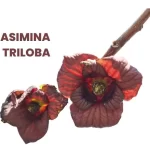
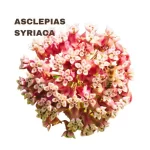



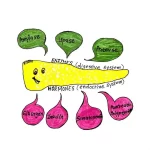




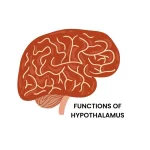

Leave a Reply